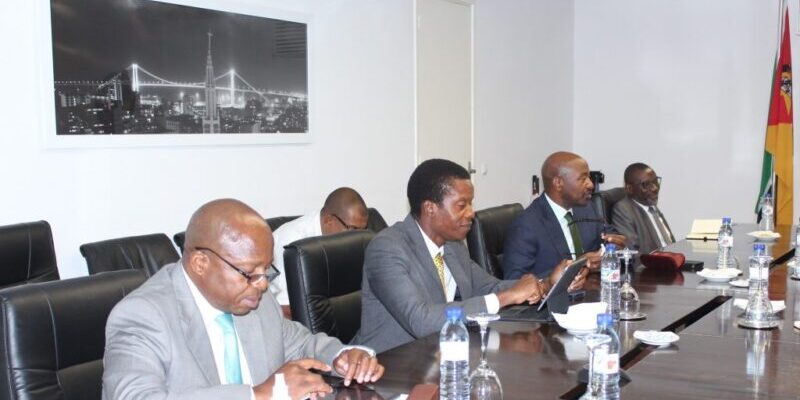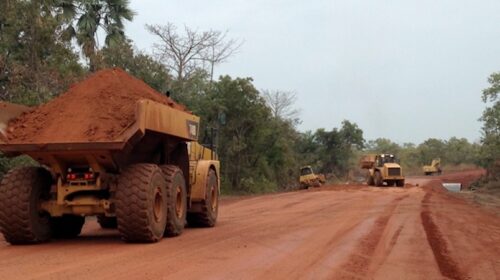Mozambique to Invest in Assembly Line for Electric Buses
The government of Mozambique, through the Ministries of Transport and Communications and Industry and Commerce, is sponsoring a private initiative to invest in an assembly line for electric passenger transport buses as part of the National Program to Industrialize Mozambique.
The project was presented and made public at a meeting in Maputo on Tuesday, January 31st, attended by key ministers and officials from relevant departments. The private partner, mentor of the project, was also present at the meeting.
The problem of public transport in the country has been one of the great challenges of the Ministry of Transport and Communications and that, to this end, the sector has been implementing various initiatives, with emphasis on the purchase of articulated buses, introduction of passenger trains, combination of means of road, rail, sea and river transport, the acceleration of the BRT project in the Maputo metropolitan area, as well as, in the long term, the introduction of electric trains.
Therefore, taking advantage of the country’s potential in the mineral resources and energy sector, which could be exploited with the transformation of graphite for the production of lithium batteries used for electric cars and the existence of sufficient amounts of energy in the country.
The Government, through the Ministry of Transport and Communications with a private partner, intends to set up an electric bus assembly plant in the country that will, in a first phase, assemble around 1,000 buses.
Preponderant for the success of that same initiative, are the engagements of the Ministries of Industry and Commerce that is leading the industrialization process through the recently approved National Program to Industrialize Mozambique (PRONAI), of the Ministry of Mineral Resources and Energy, which has been implementing several projects through the company Electricidade de Moçambique, with a view to increasing the current supply capacity of electricity in the national market, which within the scope of said project should study mechanisms to guarantee the supply of electricity at the recharging stations that are implemented, in order to contribute to the viability of the initiative.
On the other hand, the Ministry of Economy and Finance, through the Tax Authority of Mozambique, will play an important role in the customs clearance of equipment for the plan as well as the kits for the assembly line of buses in the country.
It should be noted that the investment legislation in force in the country enshrines customs and tax incentives for the vehicle assembly industry, a fact that could contribute to making the activities foreseen within the scope of the same project viable.
According to the private partner, with the implementation of this project Mozambique could have a reduction in fuel consumption (particularly diesel) and that on average the buses would have a range of 300 km per day and that in a first phase around 100 buses would be imported ready, and the rest would come in kits for assembly in the country.
![]()





